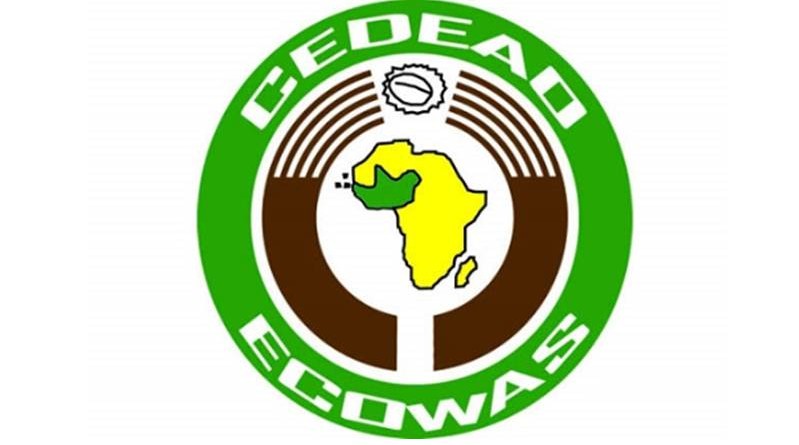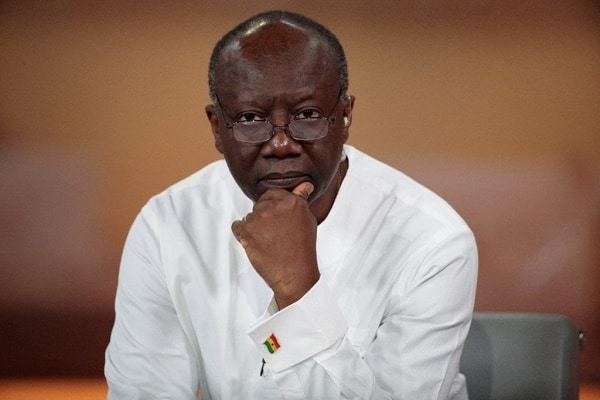Togo’s ruling party has won 108 out of 113 seats in parliament, according to the final provisional results of last month’s legislative election announced on Friday.
The sweeping majority secured by President Faure Gnassingbe’s UNIR party follows the approval of controversial constitutional reforms by the outgoing parliament that could extend his 19-year rule.
The new charter adopted in March also introduced a parliamentary system of government, meaning the president will be elected by parliament instead of by universal suffrage.
Opposition parties were hoping to gain seats in the April 29 vote to enable them to challenge the UNIR party after they boycotted the last legislative poll and left it effectively in control of parliament.
The election had been delayed twice because of a backlash from some opposition parties who called the constitutional changes a manoeuvre to allow Gnassingbe to rule for life.
Constitutional amendments unanimously approved in a second parliamentary vote earlier in April shortened presidential terms to four years from five with a two-term limit.
The new constitutional provision provides for a presidential tenure of four years with a two-term limit. It makes it likely that 57-year-old Gnassingbe — in power since 2005 — would be reelected by the new parliament when his mandate expires in 2025, and could stay in power until 2033.
Both the opposition and religious leaders have called for protests after they rejected the legislation passed by lawmakers in March after their mandate expired.
The West African nation has been ruled by the same family for 57 years, initially by Eyadema Gnassingbe and then his son. Faure Gnassingbe took office after elections that the opposition described as a sham.
The opposition says the proposed new constitution makes it likely that Gnassingbe will stay on when his mandate expires in 2025.
Nearly half of Togo’s 8.8 million people were registered.
Analysts also raised concerns about that the election did not meet voters’ expectations.
In some places like the capital of Lome, turnout was as low as 33% while it was up to 97% in the ruling party’s strongholds in the north.


